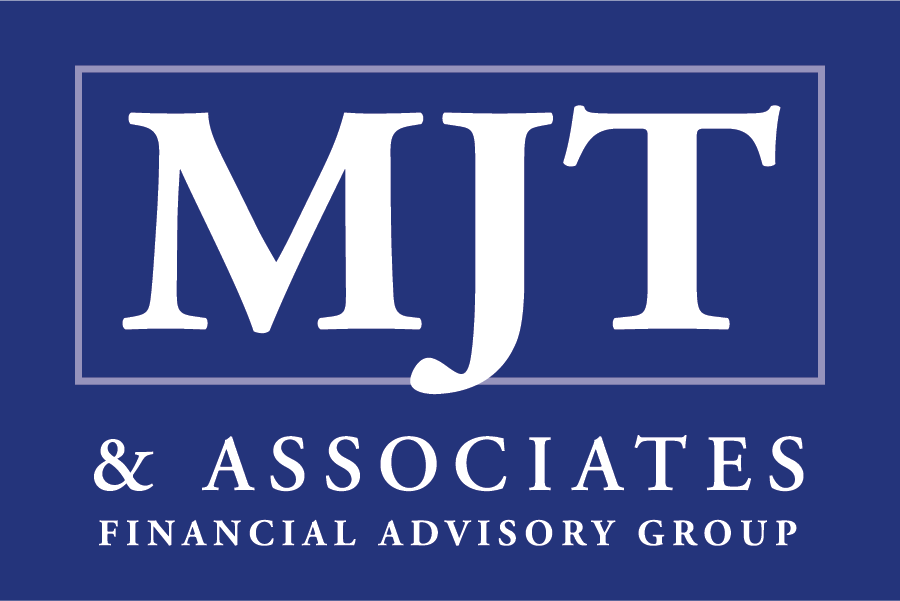When it comes to ensuring your legacy and caring for your loved ones after you're gone, estate planning plays a pivotal role. It doesn't matter whether you're sitting on a vast estate or just a few valued assets; understanding how to plan effectively is key to making sure everything you care about is handled just the way you'd want.
This guide will take a deep dive into everything that makes up a solid estate plan. We're talking wills, trusts, powers of attorney, and healthcare directives—no stone will be left unturned. By the end of this journey, you’ll be well-equipped to make decisions that protect your legacy and give you peace of mind, knowing your loved ones are taken care of.
So, why wait? Let’s get started on understanding and navigating the intricacies of estate planning, empowering you to make choices that will influence generations to come.
What is Estate Planning?
Simply put, estate planning is the process you undertake to organize the transfer and management of your estate after your departure. This includes choosing heirs, settling debts, and deciding who gets to steer the ship if you're no longer able to. It’s your roadmap, ensuring that your specific wishes are followed to the letter.
A thorough estate plan can also lessen the tax burden and other costs that might crop up, maximizing what your loved ones can gain from your estate. With a solid plan in place, you can rest easy knowing everything is sorted and your legacy is secure.
Remember, estate planning isn't just for the wealthy; it's crucial for anyone wanting control over their asset distribution and to ensure their loved ones are looked after. No matter the size of your estate, having a clear plan can make a world of difference for your family in a tough time.
Why Bother with Estate Planning?
The importance of having a comprehensive estate plan cannot be overstated. Not only does it protect your assets, but it also ensures your loved ones are provided for in your absence. Without a proper plan, you leave the distribution of your assets and the care of your dependents up to the courts, potentially causing complications and family strife.
Estate planning also lets you choose guardians for your minor children, a decision that could provide stability and peace of mind for them should the unthinkable happen. And it’s not just about death; estate planning also covers scenarios where you might become incapacitated, appointing someone you trust to oversee your finances and health care based on your predetermined preferences.
Key Components of a Good Estate Plan
A robust estate plan includes several crucial elements:
Choosing an Executor: This person will ensure your estate is settled according to your wishes. It’s important to choose someone who is responsible and capable of managing this significant task.
Creating a Will: This document spells out who inherits what, how your debts are settled, and who will look after your children, ensuring your assets are distributed as you desire.
Understanding Trusts: Trusts can manage your assets during your lifetime and beyond, helping to minimize taxes and keep your estate out of probate.
Establishing Powers of Attorney: This allows someone you trust to handle your affairs if you're unable to do so yourself.
The Role of Trusts and Minimizing Estate Taxes
Trusts are incredibly flexible tools that can protect your estate from excessive taxes and ensure your assets are managed according to your wishes. Whether it’s a revocable trust that changes as your life does, or an irrevocable one that stands firm, trusts can be tailored to fit your needs and provide for your loved ones efficiently and privately.
Besides trusts, giving gifts during your lifetime can significantly reduce the size of your taxable estate, leveraging annual and lifetime exclusions to pass on wealth without hefty taxes.
Regular Reviews and Updates: Keeping Your Estate Plan Current
Once your estate plan is in place, it isn’t set in stone. Life changes—marriages, divorces, births, deaths, and shifts in financial circumstances—all necessitate updates to your plan. Regular reviews, ideally every few years or after major life events, ensure your plan always matches your current situation and wishes.
Conclusion: Taking Control of Your Legacy
In conclusion, estate planning is more than just drafting documents; it’s about taking control of your future and the well-being of your loved ones. It’s about making sure that your assets, your children, and your health decisions are taken care of according to your wishes, no matter what happens. By engaging in thoughtful estate planning, you ensure that your legacy is preserved, your wishes are respected, and your loved ones are protected.
Embarking on estate planning might seem daunting, but it’s truly a profound way to shape your legacy. Take the time to explore, ask questions, and seek professional guidance. Secure your legacy with a solid estate plan, and enjoy the peace of mind that comes with knowing everything is taken care of.











